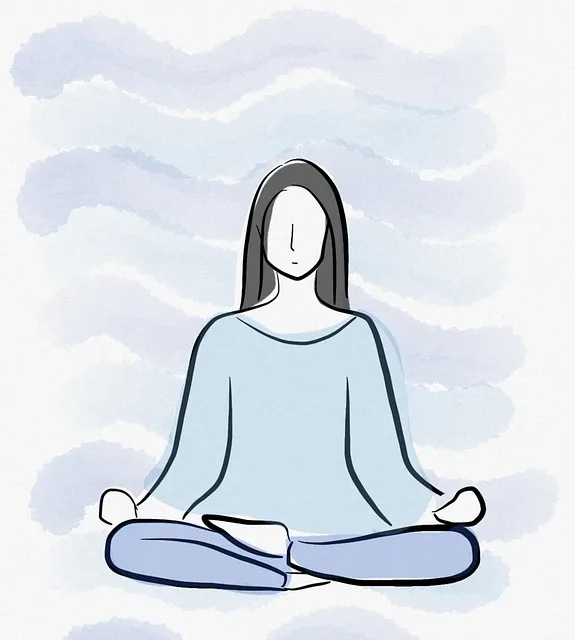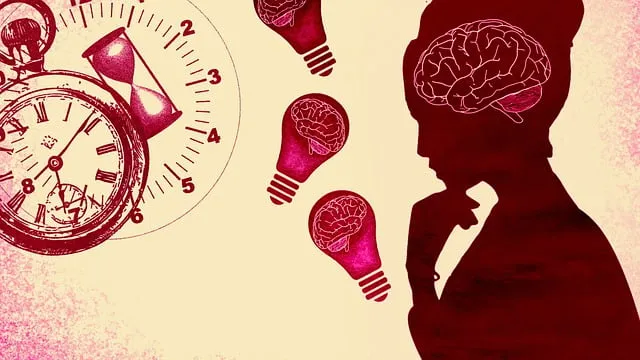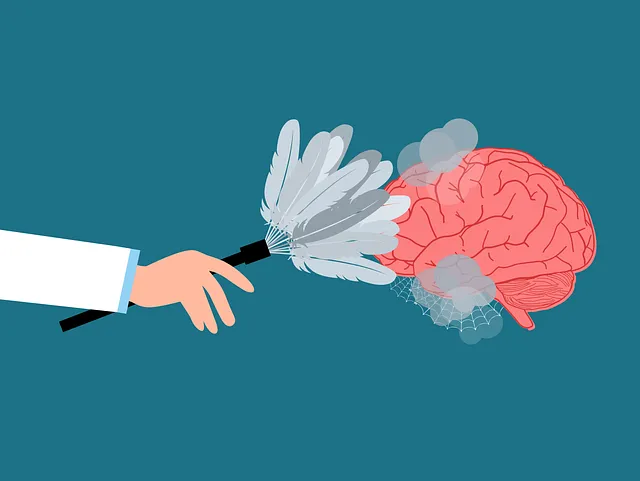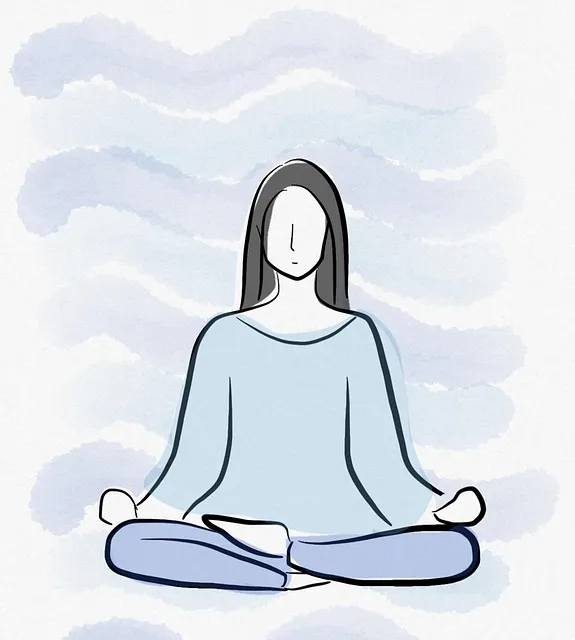Stress, driven by internal and external factors, affects well-being. Kaiser Permanente mental health center reviews Denver highlight work pressure, financial worries, relationships, and social media as common stressors. They emphasize identifying and managing these through tailored self-care, mindfulness, meditation, exercise, CBT, and social support networks for improved mental health.
Stress reduction is a vital aspect of maintaining overall well-being, and various methods can help manage its impact. This comprehensive guide explores effective strategies to mitigate stress, offering valuable insights for those seeking tranquility. From understanding the root causes to implementing practical techniques like mindfulness, exercise, and therapy, each section provides powerful tools. Additionally, we emphasize the significance of social connections in building resilience. Discover how these methods, supported by research, can enhance your mental health, as reviewed by Kaiser Permanente Denver.
- Understanding Stress: Causes and Common Triggers
- Mindfulness and Meditation Techniques for Daily Practice
- Physical Exercise: The Role in Stress Alleviation
- Cognitive Behavioral Therapy: A Powerful Tool for Change
- Social Support Networks: Building Resilience Through Connection
Understanding Stress: Causes and Common Triggers

Stress is a complex response to various internal and external factors that can significantly impact our overall well-being. The modern world, with its fast-paced lifestyle and constant connectivity, presents numerous sources of stress for individuals. At the Kaiser Permanente mental health center reviews Denver, experts often highlight common triggers such as work pressure, financial concerns, relationship issues, and even social media usage. These stressors can lead to both physical and psychological symptoms, making it essential to identify and manage them effectively.
Understanding one’s unique stressors is a crucial step towards stress reduction. The Denver mental health center suggests that trauma support services play a significant role in addressing underlying causes. By fostering mental health awareness, individuals can develop self-care routines tailored to their needs. This may include practicing mindfulness, engaging in regular exercise, maintaining a balanced diet, and setting boundaries to ensure a healthier balance between personal and professional life.
Mindfulness and Meditation Techniques for Daily Practice

Mindfulness and meditation have emerged as powerful tools for stress reduction, gaining significant traction in recent years. At the Kaiser Permanente mental health center reviews Denver, experts advocate for incorporating these techniques into daily routines to enhance emotional well-being promotion techniques. Mindfulness involves being fully present in the moment, observing thoughts and feelings without judgment, which can help individuals manage stress and anxiety effectively.
Meditation practices, such as mindfulness meditation, loving-kindness meditation, and body scan meditation, offer structured approaches to cultivating emotional intelligence and calming the mind. These techniques encourage individuals to take a dive into their internal experiences, learn to navigate difficult emotions, and foster a deeper sense of inner peace. The Community Outreach Program Implementation at Kaiser Permanente has recognized the potential of these practices in improving overall community mental health and promoting healthy lifestyles.
Physical Exercise: The Role in Stress Alleviation

Physical exercise plays a pivotal role in stress alleviation, as recommended by experts at Kaiser Permanente mental health center reviews Denver. Regular physical activity is a powerful tool to combat stress and promote mental wellness. When we engage in exercises like running, yoga, or even a brisk walk, our bodies release endorphins, often referred to as ‘feel-good’ hormones. These natural chemicals interact with the brain’s receptor sites, reducing perception of pain and creating an overall sense of calm and well-being. This process not only helps in managing stress but also improves mood and reduces symptoms of anxiety and depression.
Moreover, physical exercise provides a much-needed break from stressful situations and thoughts, acting as a form of crisis intervention guidance. It encourages mindfulness, helping individuals to focus on the present moment and temporarily detach from stressors. Public awareness campaigns development around the benefits of exercise can further motivate people to adopt active lifestyles, thereby fostering better mental health and resilience in the face of daily challenges.
Cognitive Behavioral Therapy: A Powerful Tool for Change

Cognitive Behavioral Therapy (CBT) has emerged as a highly effective method for managing stress and anxiety, backed by numerous studies and positive Kaiser Permanente mental health center reviews in Denver. This form of therapy focuses on identifying and changing negative thought patterns that contribute to distress. By challenging these thoughts and replacing them with more realistic and positive ones, CBT empowers individuals to develop healthier coping mechanisms.
The process involves self-awareness exercises and compassion cultivation practices, encouraging patients to recognize triggers and modify their responses. This evidence-based approach has proven successful in various settings, including Denver’s Kaiser Permanente centers, helping individuals achieve Anxiety Relief and enhance their overall well-being.
Social Support Networks: Building Resilience Through Connection

Social support networks play a pivotal role in stress reduction and building resilience. Connecting with loved ones, friends, or even joining community groups can provide individuals with a sense of belonging and emotional strength. The support offered by these networks helps individuals cope with stressful situations and promotes overall well-being, as evidenced by numerous studies backed by institutions like the Kaiser Permanente mental health center in Denver.
At the heart of this process are effective communication strategies and trauma support services that foster meaningful connections. Sharing experiences, exchanging coping skills development techniques, and offering mutual support create a safe space to navigate life’s challenges. By leveraging these networks, individuals can enhance their resilience, improve stress management, and cultivate a more positive outlook on life, all of which contribute to a healthier and happier lifestyle.
Stress reduction is a multifaceted approach, as evidenced by the diverse methods explored in this article. From mindfulness and physical exercise to therapy and social connections, each strategy offers unique benefits for managing stress. At the Kaiser Permanente mental health center in Denver, reviewed highly for its comprehensive care, these techniques are often tailored to individual needs. By integrating mindfulness practices into daily routines, engaging in regular physical activity, and seeking support from cognitive behavioral therapy or strong social networks, individuals can effectively navigate life’s challenges and promote overall well-being. Remember, stress reduction is a journey, and with the right tools and mindset, it’s achievable for everyone.






